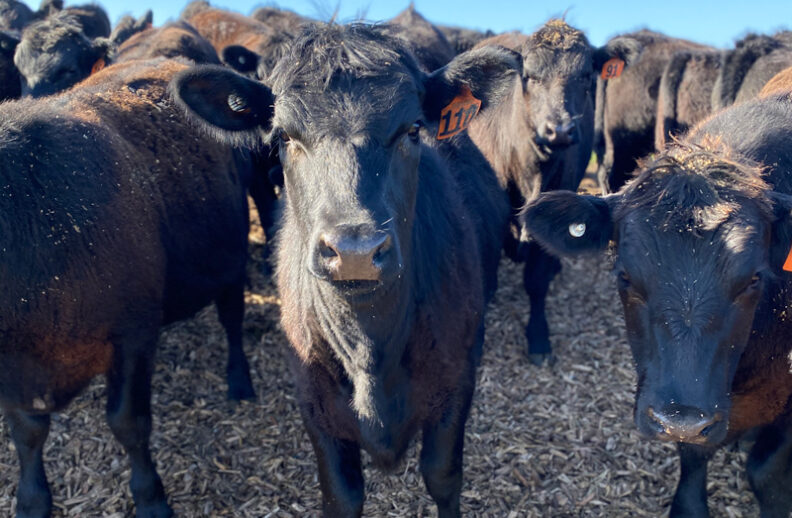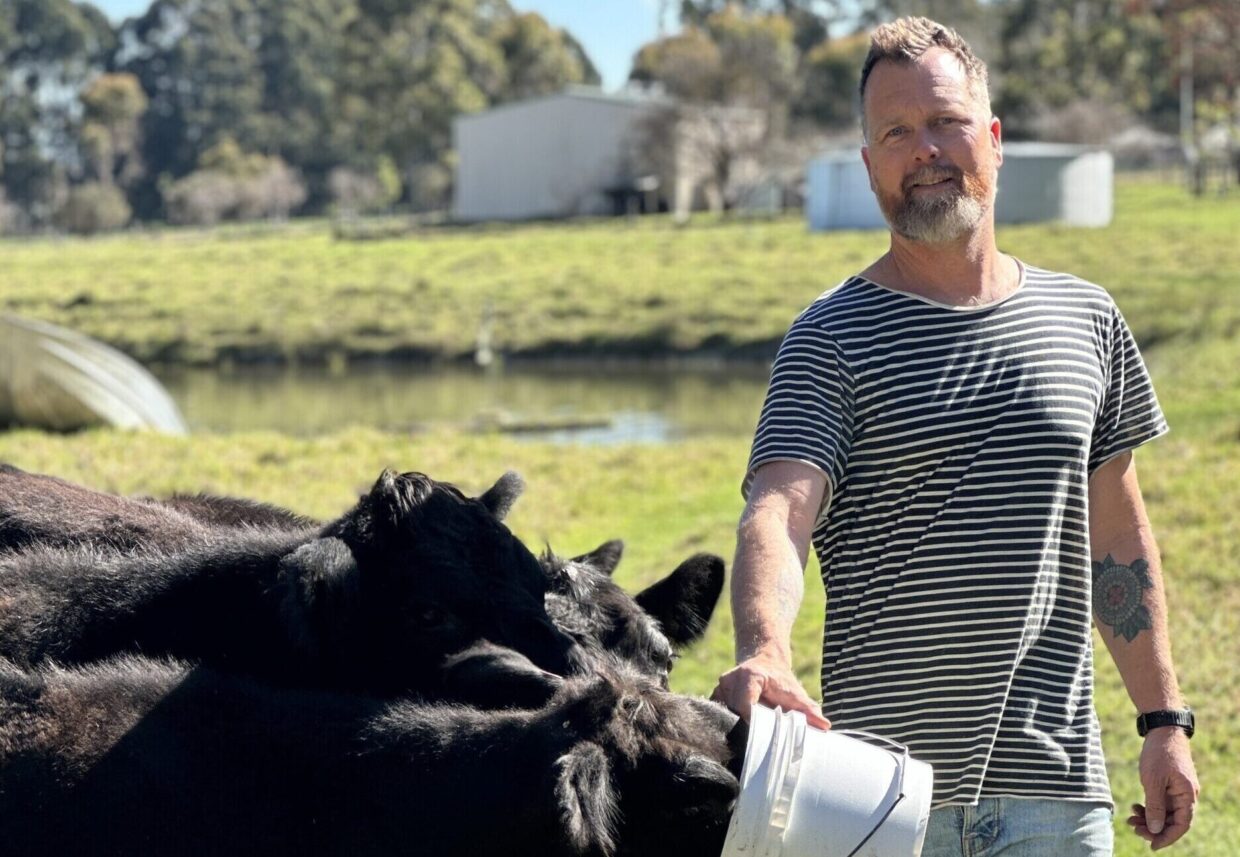When he first took up the role of General Manager at CBCo’s Margaret River brewery, Eamon Clifford had a fair idea of what he was getting into – brewing and selling a whole lot of beer mainly.
But what he didn’t see coming was that four years later he’d also be driving the brewery’s charge into sustainable agriculture.
The brewery’s location on 70 acres of land in Western Australia’s picturesque Margaret River region makes it prime land for farming. Eamon says even from his first day he could immediately see the potential for bringing the farm, brewery and restaurant together more seamlessly.
The goal: using regenerative farming principles to achieve a ‘closed loop’. In short, using wastewater from the brewing process to irrigate grazing paddocks, or the spent grain to feed sheep and cattle reared onsite to be used in the restaurant for the full paddock to plate experience.
“The goal is to make the whole property more sustainable economically, socially, and environmentally,” Eamon said.
“We’re actually value-adding to the property and treating the land with care and respect. Not only repairing the land but making it better than what it was before,”
Eamon Clifford, General Manager, CBCo Brewing Margaret River

Cattle
“We also want to create a fuller experience for our patrons – an even bigger reason for people to travel to our brewery and give us some prominence. There are 11 breweries in Margaret River so it’s very competitive and this helps with creating a point of difference.”
The first seeds for the more sustainable model were sown about three years ago when CBCo began actively managing the grounds beyond the brewery.
At that time the land was in pretty poor shape; overrun with invasive kikuyu grass that’s too long for sheep to graze, too overgrown to seed with new grass, and requiring a lot of manual work to irrigate and fertilise.
The turnaround really took off last year, after the brewery received a grant for Eamon and the brewery’s Head of Grounds and Maintenance, Darren Arthur to complete a 12-month course in regenerative farming.
Since starting the course nine months ago, Eamon and Darren have learned more about soil-testing, whole farm planning, and low intervention farming practices.
“What’s different in regenerative farming to traditional methods is that instead of having just one crop that needs continual watering, ripping the hay, and a lot of fertilisers, we’re trying to reduce those inputs,” Eamon said.
“It’s about changing from a monoculture to a polyculture. At the moment we have 20 different species growing in the paddocks. Those 20 varieties are designed as a summer and winter mix, so they add the nitrogen and all the microorganisms to the soil which mean you don’t have to continually add fertiliser.”
In May 2023, the CBCo paddock reached a major milestone, with the arrival of its first sheep.
“We started off with a small flock of 40 or 50, and that’s grown to about 150 lambs on the property now,” he said.
“So, we’re going to be able to have our first paddock to plate in around October or November this year which is really exciting.”
Stage two of the project is well underway with the property’s first herd of cattle now settled in. They’re a relatively new breed called lowlines, a miniature angus beef which grow to around one metre tall.
“We’re in the process of becoming one of the first registered lowlines stock breeders in the southwest,” Eamon said.
“These cows are suited to smaller farms because of their size, and it means we can share the paddocks between the sheep and the cattle. You don’t have to change all the fencing because you don’t have a one tonne animal tearing through there.”
With the cattle breeding process in full swing, Eamon says there are some key projects in the pipeline to get them closer to closing the loop. Next on the agenda… wastewater.
“Our massive advantage is that we’ve got the brewery onsite so we have a consistent supply wastewater that we can use year-round,” he said.
“There’s going to be a time in the future where water’s going to be more expensive than beer, so we need to repurpose this asset that we have and redirect it out of the brewery and to the farm as opposed to just letting it go to waste.”
Apart from the obvious environmental benefits, the CBCo approach is also yielding positive results when it comes to providing opportunities to work closely with the local community.
Recently, the team hosted a trade waste conference with industry peers from local wineries and breweries so they could coordinate their approach, and work together towards achieving common goals.
Eamon says there’s still a lot of work to do, but the progress so far has been satisfying to see.
“I think we’re probably two years away from being fully self-sufficient on the farm,” he said.
“It’s taken a lot of effort to push, and it’s still early days but it now feels like a farm that’s being managed proactively.”
And even though farming was never really on his radar as something he could add to his CV, he says he’s enjoying the challenge of bringing agriculture and sustainability front and centre at CBCo Margaret River.
“It’s exciting and it adds a new element to the job which keeps it super interesting. It’s more than just pulling pints,” he said.
“I’ve really enjoyed the sustainability aspect of it and making this place even better. One of the best things about working for Morris Group and CBCo is that if you find a valuable project, you can get the support to pull it off.”
